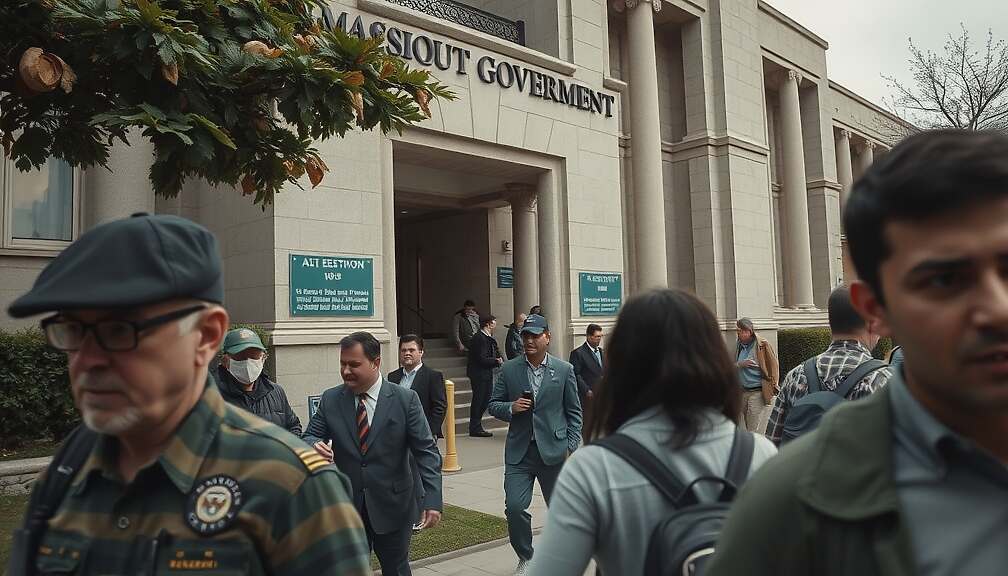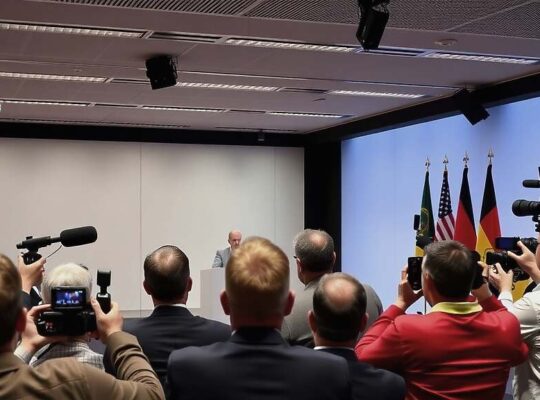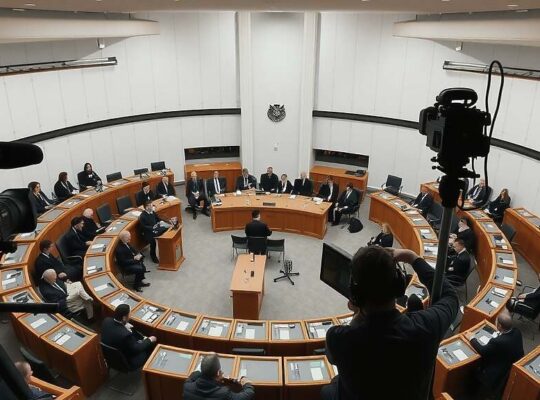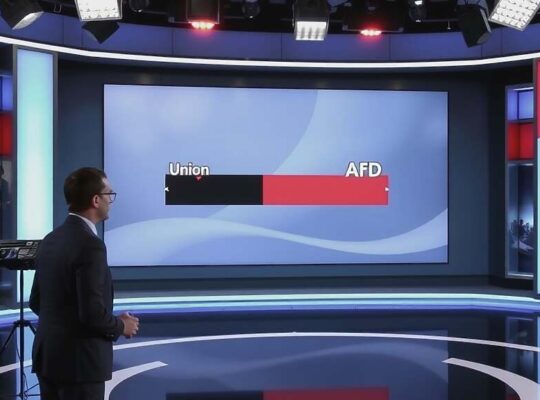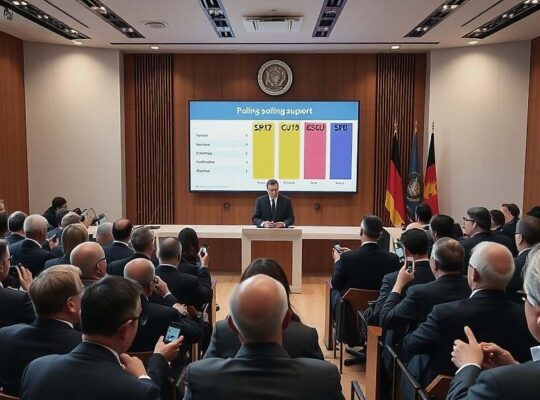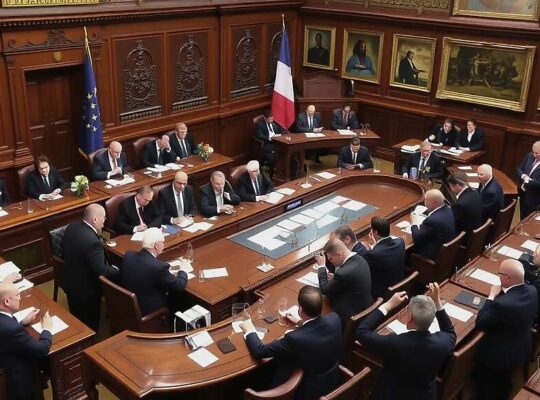Thuringia’s Interior Minister Georg Maier has intensified his criticism of the AfD (Alternative for Germany) party, alleging a deliberate strategy to paralyze the state parliament in Erfurt through a deluge of inquiries. Maier claims the sheer volume of these requests, termed “small inquiries” (Kleine Anfragen) in German parliamentary procedure, goes beyond legitimate oversight and constitutes an internal attack on democratic processes.
“What manpower does it take to answer all these small inquiries?” Maier questioned in an interview with ntv, highlighting the fact that the AfD has already submitted over 1,000 such requests within the first year of the current legislative period. He suggested the ease of formulating inquiries with the assistance of artificial intelligence contrasts sharply with the exhaustive and resource-intensive work required for thorough responses from government agencies.
Maier moved to downplay the notion that the AfD is solely engaging in lawbreaking to undermine democracy, suggesting a more insidious tactic is at play. “They are exploiting democratic rights and instruments to attack democracy from within” he stated. This sentiment echoes a historical caution, referencing past instances where democratic institutions were subverted through ostensibly legal means. He urged a renewed commitment to vigilance enshrined within the German Basic Law.
Illustrating his concerns, Maier cited the example of AfD state parliament member Ringo Mühlmann, who submitted eight separate inquiries concerning drone defense measures in a single day in July. These inquiries extended beyond simple technical specifications, probing into the extent of training and sensitization of law enforcement personnel and details of testing and demonstration of drone defense systems involving both state and federal agencies.
Maier argued that the sheer number of these inquiries far exceeds the capacity of any individual parliament member to process, raising questions about the true intentions behind their submission. Critics suggest the tactic aims to overwhelm the state bureaucracy, diverting resources and hindering the parliament’s ability to address substantive legislation – a form of political obstruction masquerading as parliamentary scrutiny. The incident sparks debate regarding the responsible use of democratic processes and the potential for exploitation by parties seeking to destabilize established political structures.


